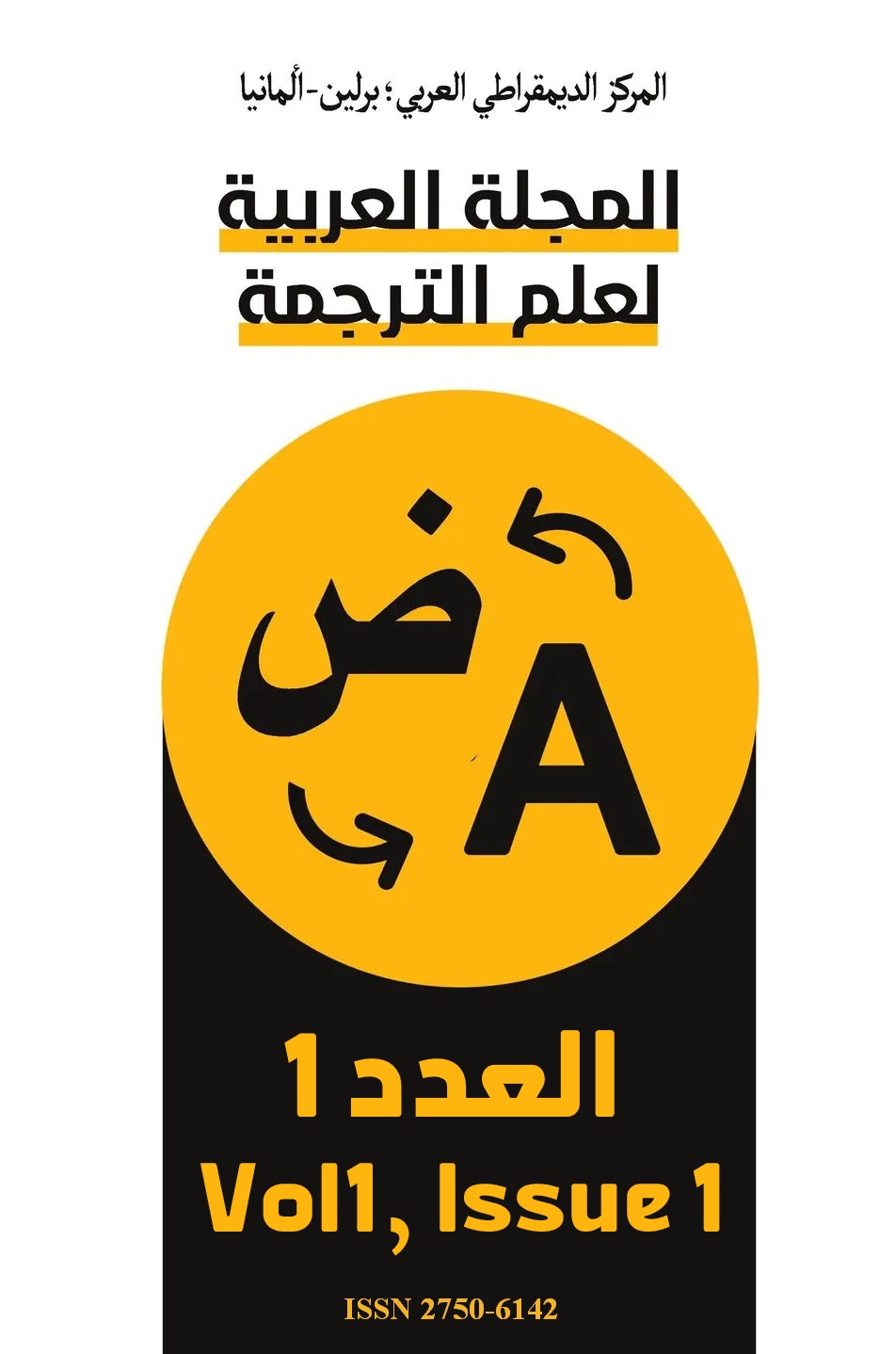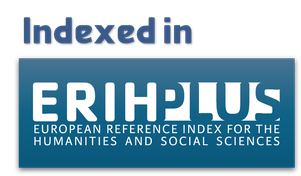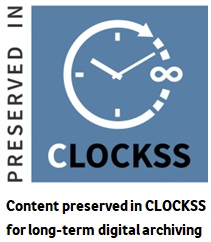Regulatory Framework Governing Halal Product: What Libya Can Learn From Malaysia "establishing the industry"
DOI:
https://doi.org/10.63939/AJTS.kwjs4320Keywords:
Regulatory framework, halal product, halal services, Libya, MalaysiaAbstract
Halal standards are based on religious values that are unique to other legal systems. Consequently, the legislation of the surrounding environment may have direct effects on the application of these standards, and that these effects become more complex the more the environment embodied in the contents clash with the Shariah-based Halal. In order to show the importance of the Halal sector in both religious and investment aspects, this paper examined the contribution of the legislative environment to Halalization, and how Halal standards could be adopted in the products and services by the existing legal systems of the countries that have not adopted them, through comparison between legal systems. The paper used the Libyan legal system as a case study because its system is less concerned about Halalization. After analyzing the laws related to Halal products and services, it was found that the Libyan legislative environment is rich with the contents of Halalization; even if the Halalization is not codified in the contemporary concept just as stated in the Malaysian standards that the paper adopts as a criterion for the comparison, it implicitly includes most of the contents of these standards. The paper recommends that the Libyan system should adopt the Halal standards to benefit from this sector.
Downloads
Downloads
Published
Issue
Section
License

This work is licensed under a Creative Commons Attribution-NonCommercial 4.0 International License.
As an open-access the journal follows the CC BY-NC 4.0 Attribution-NonCommercial 4.0 International which states that:
- you are free to:
- Share— copy and redistribute the material in any medium or format.
- Adapt— remix, transform, and build upon the material.
- Under the following terms:
- Attribution— You must give appropriate credit, provide a link to the license, and indicate if changes were made. You may do so in any reasonable manner, but not in any way that suggests the licensor endorses you or your use.
- NonCommercial — You may not use the material for commercial purposes.
- No additional restrictions — You may not apply legal terms or technological measures that legally restrict others from doing anything the license permits.












